[Drama special review] Perfect Shot
by missvictrix
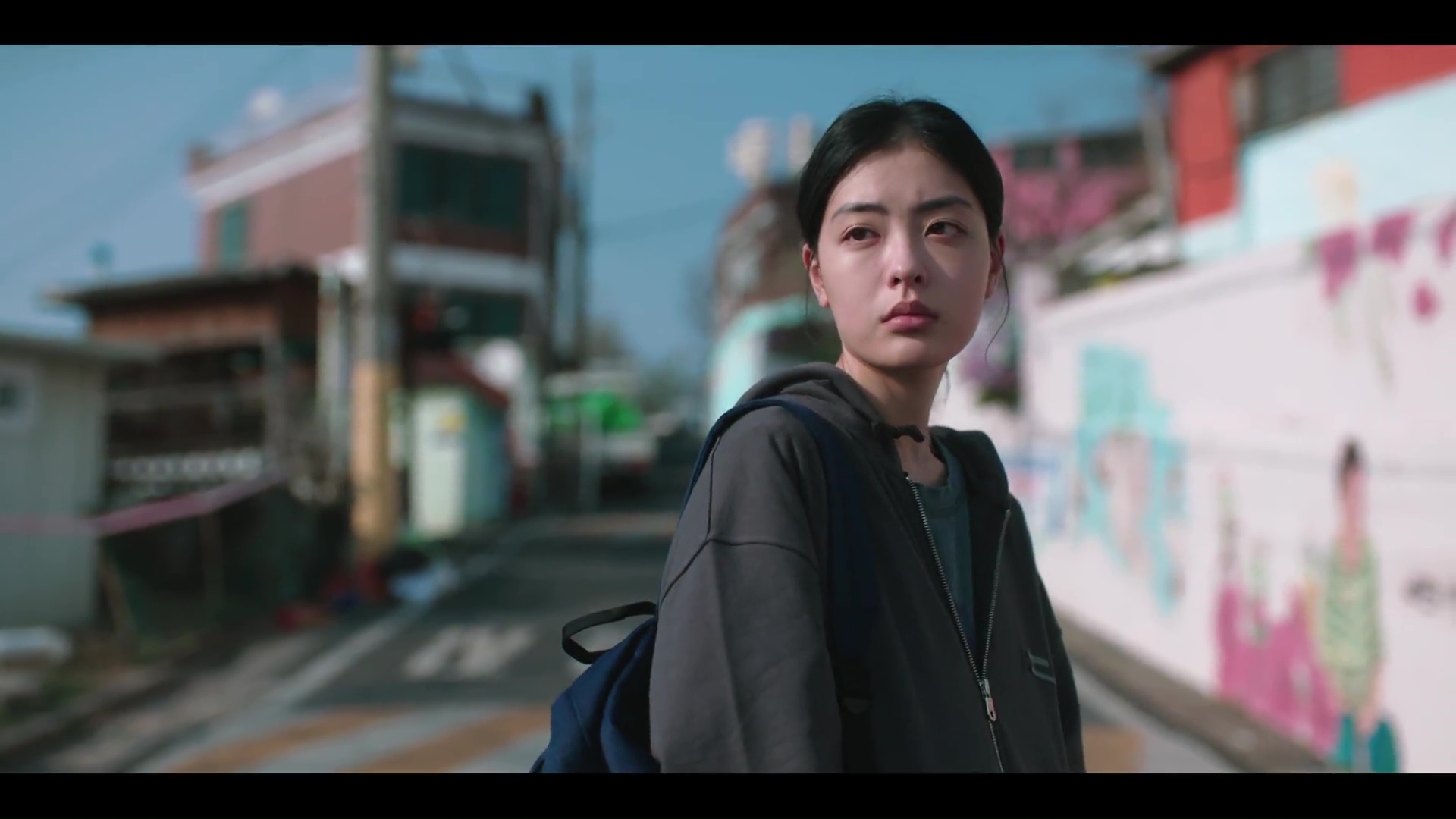
Perfect Shot, a two-part drama in the O’PENing showcase series, tells the story of a young female athlete with demons for days. It’s a somber tale without much payoff, even though it tries to land a positive message by the end.
DRAMA SPECIAL REVIEW

Amongst the O’PENing dramas in tvN’s showcase this season, Perfect Shot is the only one that’s two episodes, so it’s roughly the length of a feature film. That being said I was expecting a lot more actual story and character development throughout. I think I could sum up the entire story by saying it’s about a miserable girl in miserable circumstances who really doesn’t know how to not be miserable. In the end, she starts to try. So I guess that’s good?
Our miserable heroine is PARK GYU-JUNG (rookie Bae Kang-hee, who deserves nothing but praise here), and her stage is the competitive shooting world. Unlike other dramas that have promised to dig into this sport but did little with it — like Revenge of Others (but that’s okay because it was still great) — Perfect Shot sees to it that we spend a huge chunk of our time watching our athletes stare into their rifle scopes. Though it starts to feel repetitive by the end — I mean, there is only so much you can do to make these super close-ups of serious faces feel distinct — the drama does focus very much on the sport itself. Whether it’s the techniques, the talent, or the tenuous relationship between competitors, I definitely felt like I had just watched a drama about people passionate about competitive shooting.
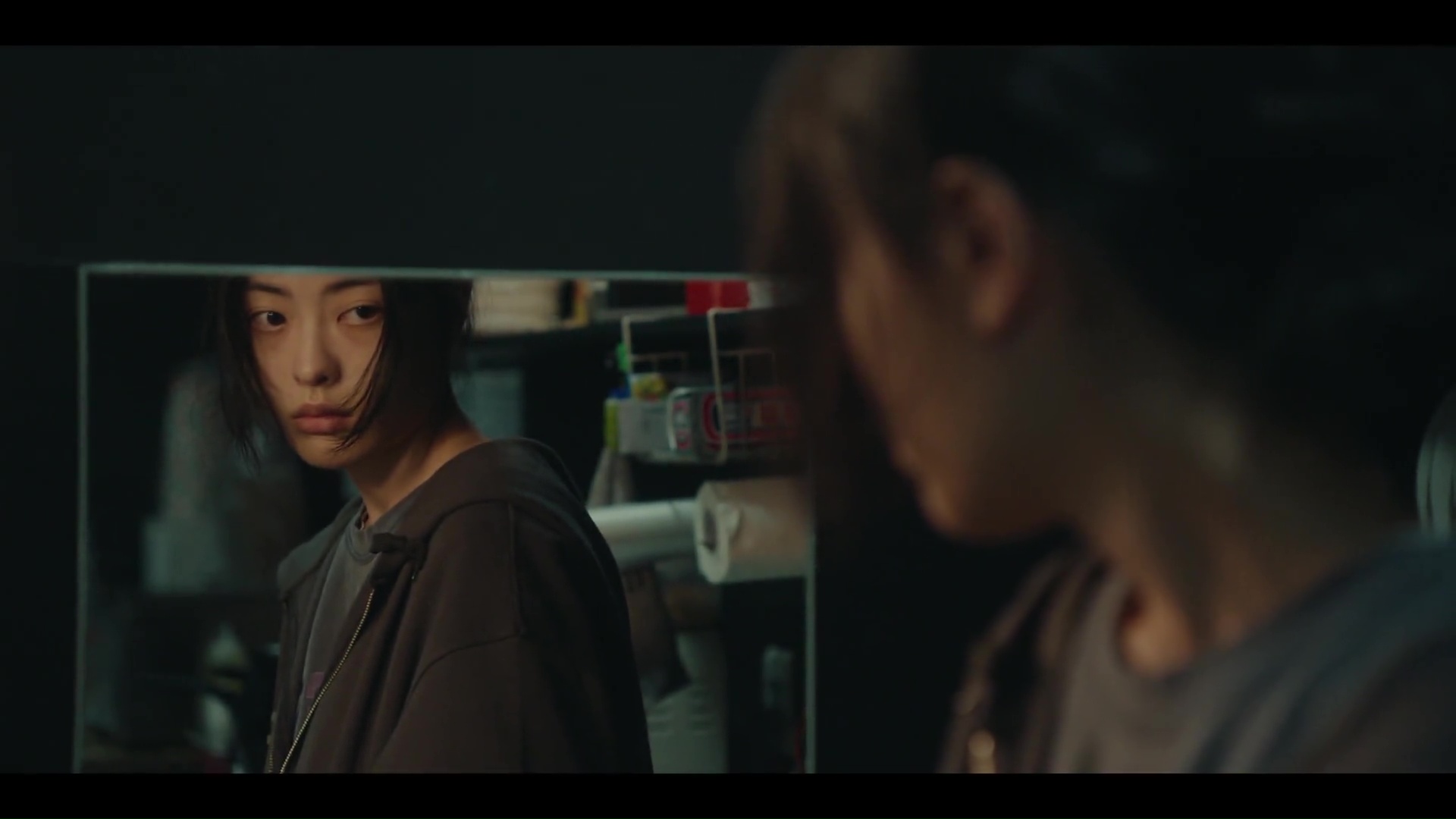
When we first meet Gyu-jung she’s in a PC bang, cursing out an online player and threatening her to come so they can fight in person. The player does this, and a full-on brawl breaks out. I’m talking keyboards slammed against bodies, and a punch landed on an unsuspecting observer that sends him across the room. Gyu-jung is vicious, but it’s clear it’s all from a deep well of unhappiness within her.
We travel back in time seven years to when Gyu-jung was in high school, and we begin to see the circumstances unfold that brought her to this point. She’s an exceptional 19-year-old high school athlete, but she’s noted for having a fourth place “curse” where she drops a shot and winds up losing her spot in the ranking towards the end of the round.
It sounds bad for an athlete, but it’s actually worse than a performance issue — it’s entirely intentional. Despite her love of the sport and desire to win, Gyu-jung’s desperation for money wins out every time.

This story unfolds for us a bit slowly, and it’s not until her rival’s father and coach (the lovely Sung Dong-il being a terrible human) does some old-fashioned analysis that he sees what’s been going on. Sure enough, Gyu-jung’s been taking money and losing matches for far too long. And rather than expose her, he actually confronts her and ask her to do it again. For his daughter LEE DA-WOON (Han Soo-ah). So that Da-woon can take the future spot that Gyu-jung has lined up on the national team. Ouch.
Why is Gyu-jung so desperate for money, you ask? Well, she and her brother are living at poverty level after being abandoned recently by their mother. She took off because of the crushing weight of their debt — mostly because Gyu-jung’s little brother PARK GYU-TAE (Yoon Yeo-won) is sickly and requires frequent and expensive dialysis treatments.
The crux of Gyu-jung’s behaviors and emotions — from her sacrifice to her self-hatred to her self-punishment — stems from her little brother. She’ll do anything for him — and is — but when he finds out, the results are tragic. Like, unbearably tragic. He runs away from home, neglects his treatments, and is soon found dead. Gyu-jung is devastated, alone, and soon, ousted from her sport.


When the match doesn’t go to his liking, Da-woon’s coach exposes Gyu-jung’s cheating and she faces a seven-year suspension. Just like that, everything is gone for our heroine, and she spends seven years living alone in the dilapidated apartment she once shared with her family. The door to her brother’s room has never been opened. She works at the PC bang all the while, and is unilaterally miserable to both herself and others (but thanks, Show, for the fun and seedy Jung Kyung-ho cameo when we finally saw her PC bang boss!). She plays video games and sits in the dark at home. It’s clear Gyu-jung is locked in more grief and guilt than she knows what to do with, and it’s even more depressing than her previous scenario.
Narratively, the seven-year suspension is a nice link to the framing we got earlier, so that when we visit Gyu-jung after the period has passed, we have a lot of expectations for her return to shooting. But this is where the drama loses itself a bit, because it feels more like seven months than seven years. Characters and situations remain identical — from the tenuous relationship between Da-woon and her father, to the male shooter who had his eye on Gyu-jung in both timelines. SEOK SHI-YOON (Lee Ki-taek) has gone from athlete to coach, but he’s still overly interested in Gyu-jung’s amazing talent. And he wants to lure her back and coach her, now that her suspension has ended.

If the premise sounds familiar, it’s a lot like the setup in current sports drama My Lovely Boxer, but that drama has the benefit of more run time and more character development, so the wooing of a female athlete back to her sport felt well fleshed out there. In our drama special, however, we have to rely on what we know is Gyu-jung’s love of the sport, and believe that it’s pulling her back like a tractor beam. Between that, and a little prodding from Shi-yoon, she agrees to return.
As a sign of growth and readiness to move on, Gyu-jung also finally enters her brother’s room and is able to find closure over his death. The moments between these two siblings — in flashback or in the high school timeline — are among the best in the drama, and I wish that their relationship had been the focus a bit more. Instead, the drama dips into the sibling relationship, Gyu-jung’s relationship to her sport, to Shi-yoon, and to her rival Da-woon — and it’s all a bit too much for such a short drama.

In order to express the turning point Gyu-jung finally reaches, the drama relies on a bit of a metaphysical moment — there’s a scene where the apartment around her turns all surreal and technicolor and her brother comes and embraces her. It reminds me of some of the similar sequences we saw in My Liberation Notes, and I love how this kind of sequence functions in film so much. This was the only time I felt any strong emotions for our characters, though, and that is a bit unfortunate as the drama needs to exist on our rooting for Gyu-jung through her valleys.
Another thing the drama tries to do – and that I either wish it did more of, or left it out in favor of more character development — was add in some shooting metaphors. While being coached by Shi-yoon, the two discuss the importance of “forgetting the last shot” which is perfect for the thread the story is trying to pull: don’t torment yourself over past mistakes, as that will only negatively affect your next action. Instead, take a breath and start again.

As the drama reaches its climax — Gyu-jung’s performance at her return match — we end the drama on a high note. More than being about the perfect shot, the competition turns out to be a healing one. Gyu-jung is able to perform from her heart out without any pressure to underperform or overthink. And Da-woon — the last shooter standing with Gyu-jung — is also finally able to compete without outside pressure. With her father out of the picture and both women competing fair and square and without prejudice, the purity, if you will, of what they are doing comes out. The scores don’t matter, since they’re doing their best and they love doing it. They even have a silly handshake at the end.
I commend the drama for trying to do a lot with its short runtime — but unlike previous drama A Walk that kept it simple and didn’t feel like needed to be anything more than it was, Perfect Shot is begging to be a more fleshed-out story. Perhaps if we spent a little more time with these characters it would have been easier to shoulder their misery, and then rejoice in their final-scene victories. As it was, I leave the drama feeling glad our heroine has broken out of her self-imposed cage, but also wondering why we had to be miserable with her for so very long.

RELATED POSTS
- [Drama special review] A Walk
- [Drama special review] 2:15 PM
- TVING x tvN’s O’PENing series drops posters and airdates
- tvN x TVING unveils their lineup for O’PENing 2023
- [Drama special review] Underwear Season
- [Drama special review] Do You Know Ashtanga
- [Drama special review] Let’s Meet in an Unfamiliar Season
- [Drama special review] Like Otters
- [Drama special review] Stain
- [Drama special review] Crevasse
Tags: Bae Kang-hee, Drama Special, Sung Dong-il
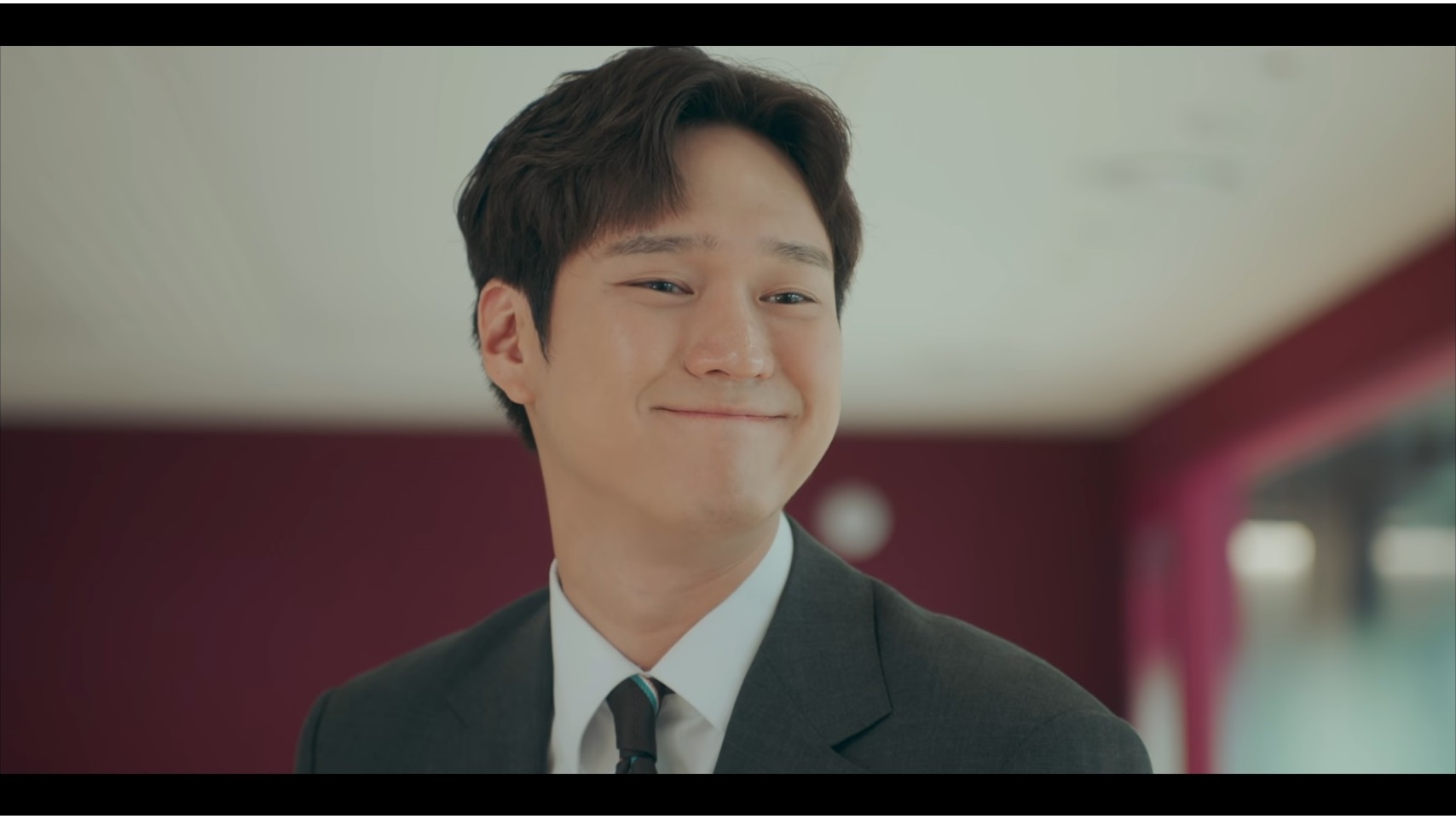
![[Beanie Review] Hide](https://d263ao8qih4miy.cloudfront.net/wp-content/uploads/2024/03/Hide_reviewb.jpg)
![[Beanie Recs] Cast of Queen of Tears](https://d263ao8qih4miy.cloudfront.net/wp-content/uploads/2022/05/BeanieRecs.jpg)
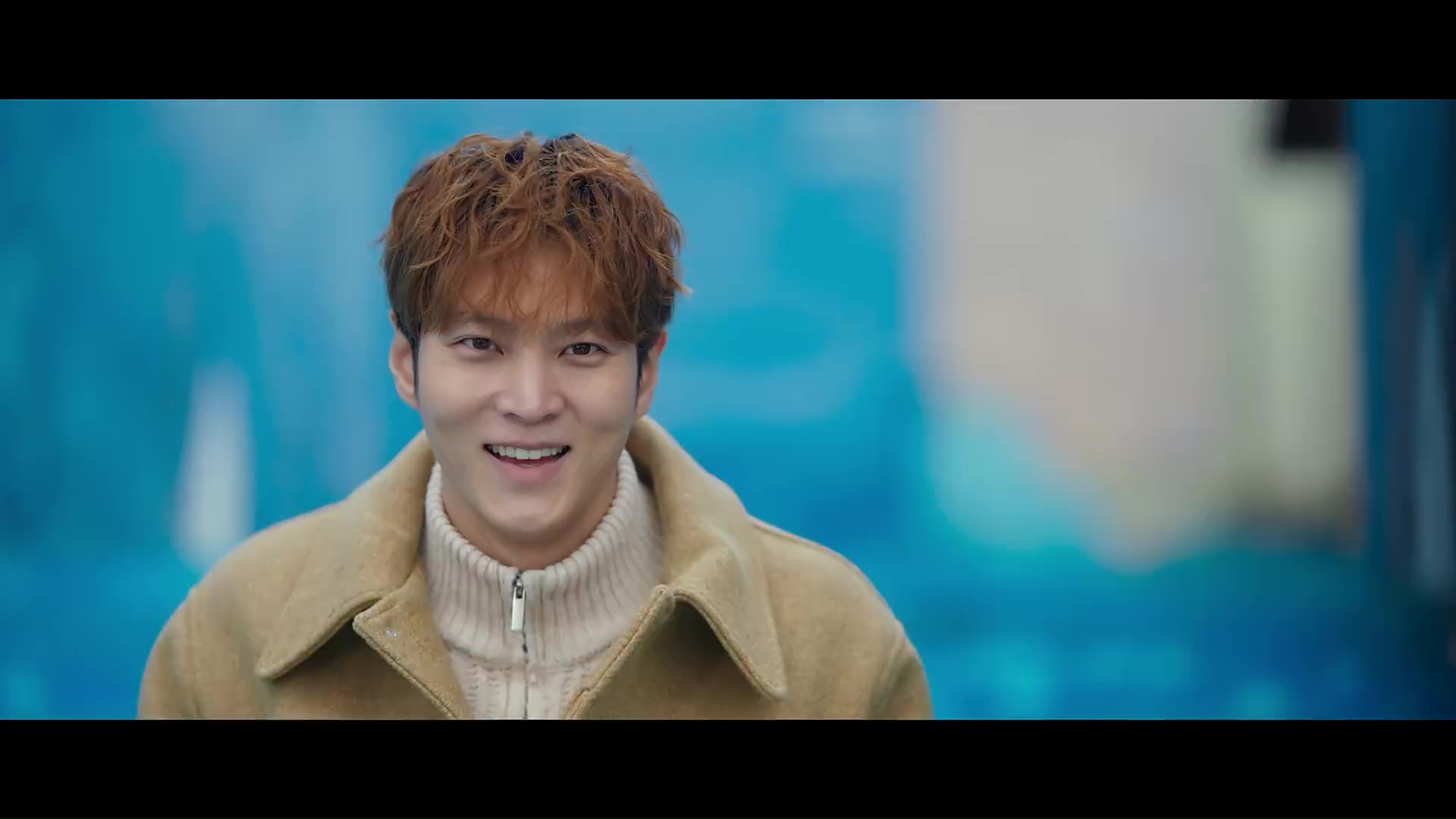
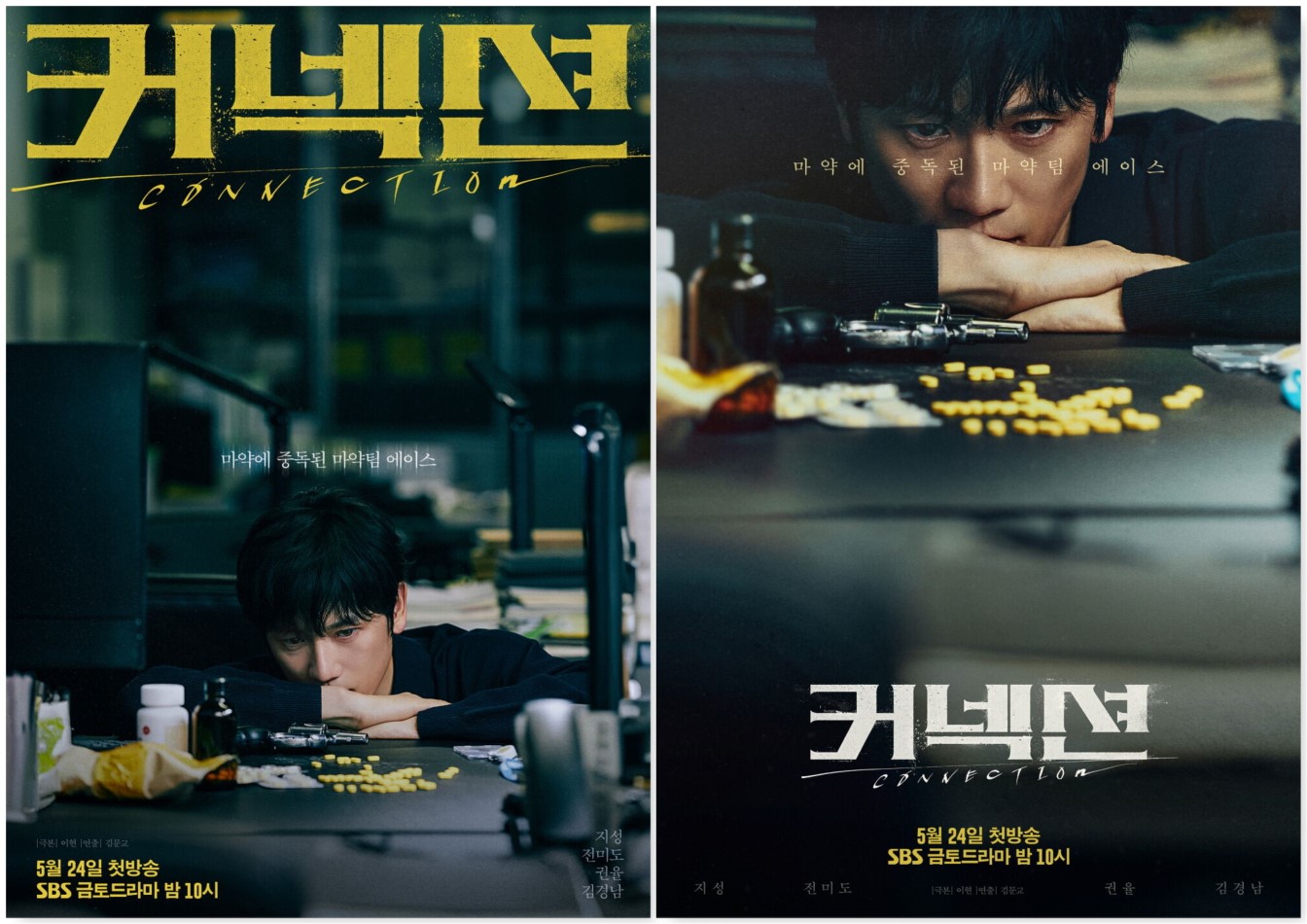
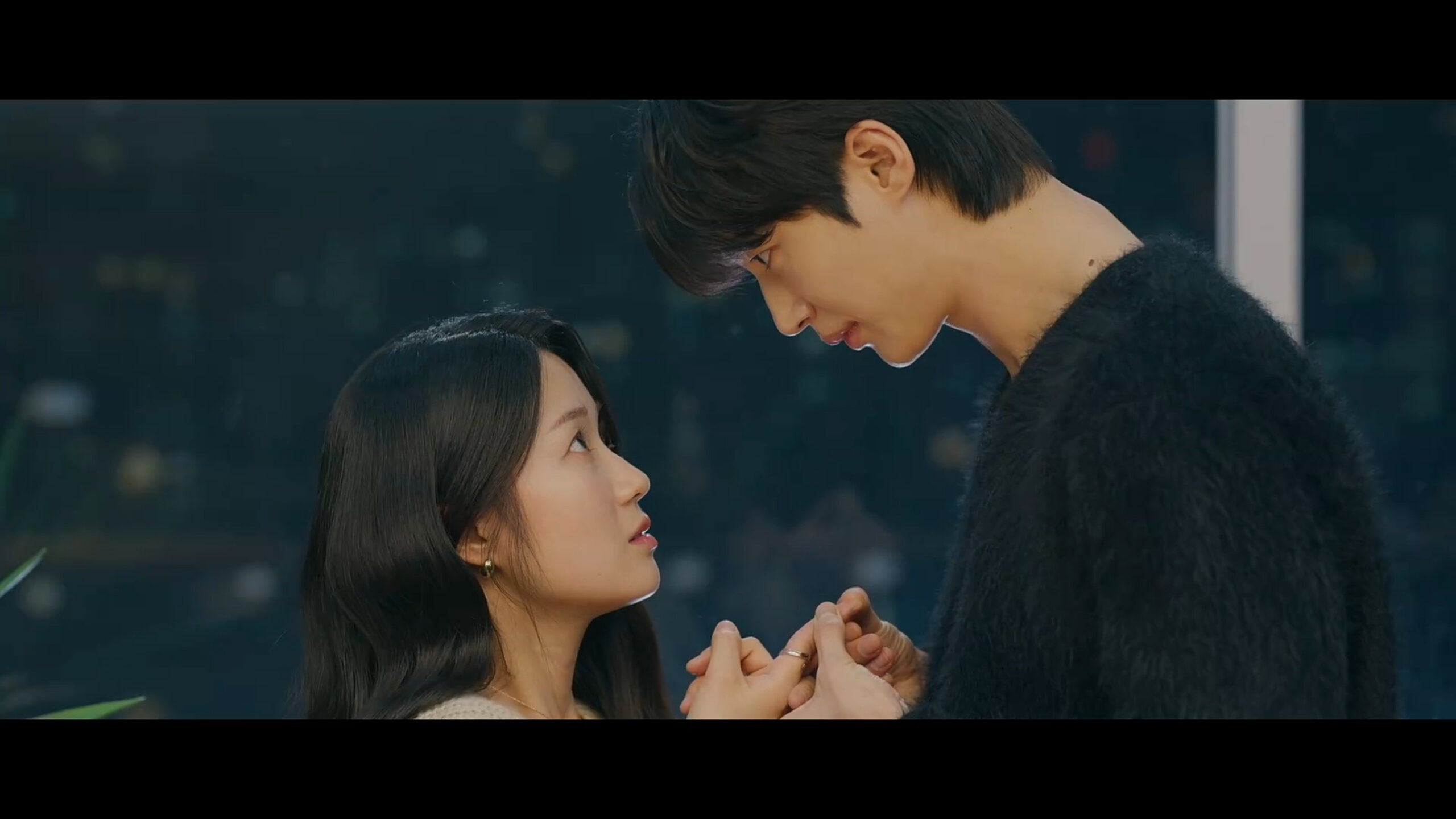
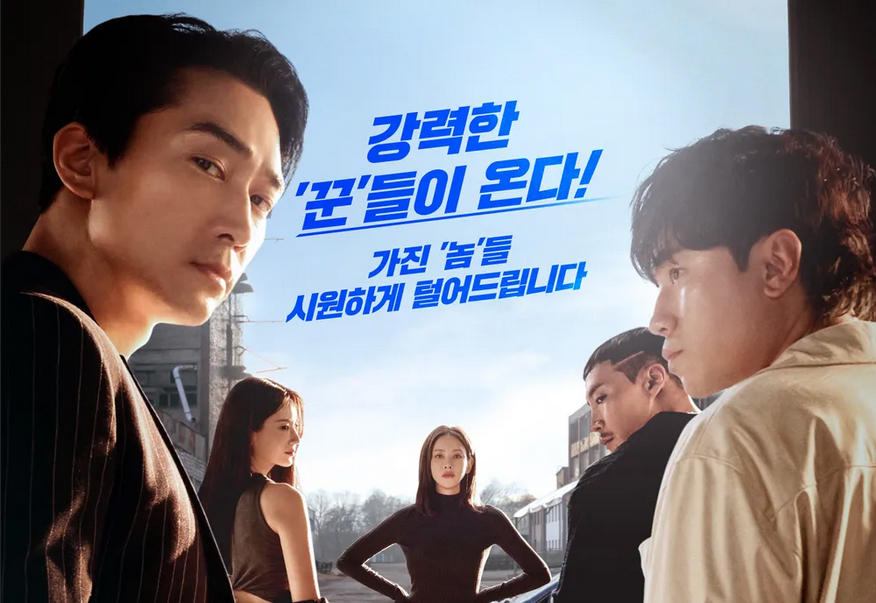

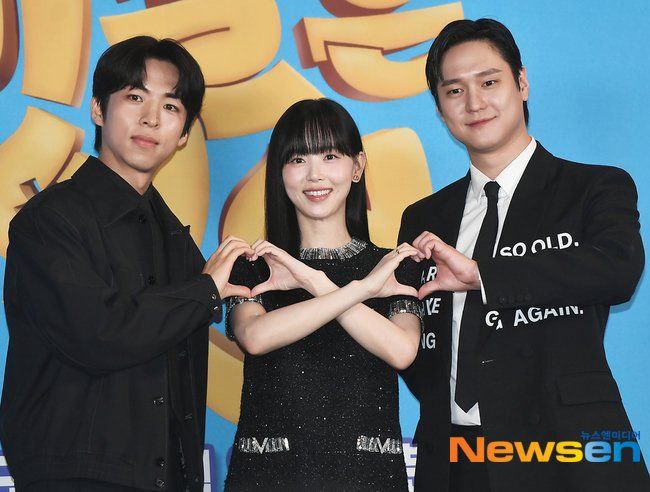
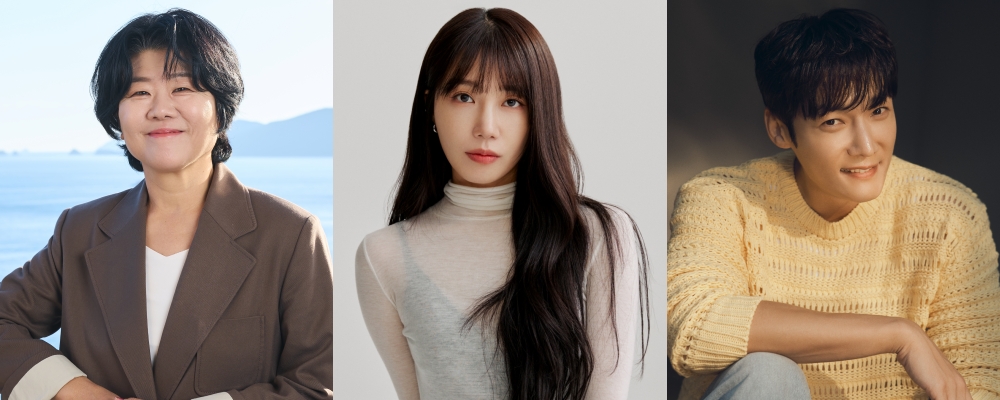
Required fields are marked *
Your email address will not be published. Required fields are marked *
1 Reply1988 -❣️Mother Bean❣️
September 3, 2023 at 12:42 PM
Thanks for the review @missvictrix
Gosh, this reminded me of Seasons of blossom re the hug from the dead character as a means of drawing a line on the sadness that can consume the character left behind. It sounds like a really heavy watch.
Required fields are marked *
2 hacja
September 4, 2023 at 10:44 AM
Thanks @missvictrix for highlighting this film. I have watched a lot of sports dramas, mainly because I like sports and know a lot about them. Competitive shooting is not my one of my areas of expertise, however, and while I certainly admire the steadiness of nerve and muscular control necessary, I can't say I eagerly anticipate the International Shooting Sport Federation Championships each year.
In fact I was totally unaware that the 2023 Championship just happened last week. As all you Dramabeans shooting fans know, the championship was dominated by the Chinese and India, with the U.S. winning the majority of medals in the shotgun category, reflecting the nation's long history of riding shotgun, not to mention shotgun weddings. Korea's Kim Bomi finished 6th in the air pistol competition, and qualified for the Olympics, though her romance with a television reporter caused a scandal and ended with a tearful goodbye at a bus stop. Wait--I'm getting my martial sports confused. That was Kim Tae-ri, not Bo-mi
I think there are only a few ways that sports can be used in films or shows. While the most common is as a metaphor for life, usually showing the character triumphing against the odds, it sounds like in this one the sport also plays another role, also relatively common, with the focus and purity of purpose of the activity allowing an escape from the difficulties and ambiguities of the character's circumstances.
That can be well portrayed in more cinematic sports, but it sounds like with shooting, it gets a little boring.
So, while I appreciate your bringing this to my attention, I think I will not watch this but rather stick with boxing, where the fathers are apparently just as vicious, but the agents add an additional narrative element!
Required fields are marked *
3 aoibheall
September 5, 2023 at 5:23 AM
Bae Kang Hee played young Lee Sara in The Glory, in case anyone else found her familiar. Definitely keeping an eye out for her future works.
Required fields are marked *
Reply1988 -❣️Mother Bean❣️
September 5, 2023 at 6:17 AM
Thanks for letting us know.
🥳 welcome to the DB community. I am glad you are moving around the site and hope you continue to jump in to the comments as and when you want to share.
Required fields are marked *